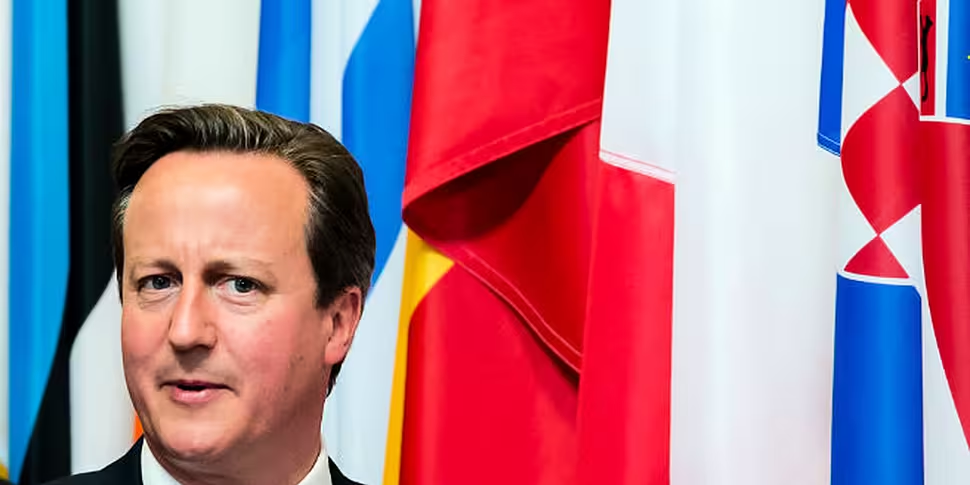European bureaucrats are considering the use of a controversial emergency fund, entailing the use of UK funds, to support Greece's economy over the coming weeks.
According to sources in Brussels, the European institutions are considering activating the European Financial Stability Mechanism (EFSM).
This would provide temporary loans of between €7bn and €12bn to help Greece pay its bills before the proposed €86bn bailout deal is enacted.
Although the country secured agreement to begin talks on a new bailout early on Monday morning, it still needs cash to pay its bills in the coming months, including a €3.5bn payment to the European Central Bank on 20 July.
European Commissioner for Economic and Financial Affairs, Pierre Moscovici, said there was a working group studying the options for where to get this cash.
One of the main ideas being considered by the group is to use the EFSM - a controversial fund used at the early stages of the euro crisis in 2010 to help bail out Ireland and Portugal.
The decision to use the EU-wide fund to help support euro members specifically was criticised by George Osborne.
Although the EFSM has been superseded by other bailout funds, EU sources say it is still a legitimate source of funds.
Given the scale of the bailout, and the UK's 12% share of exposure to the EFSM, that could imply an exposure of anywhere between £600m and £1bn.
EU sources say they are also considering a range of different financing options for the bridging loan, including bilateral loans from other euro members and transferring some profits from the Outright Monetary Transactions (OMT) scheme.
"We are just exploring options," said Mr Moscovici. "We have not reached any conclusions.
"For each option there are pros and cons. There are assets and difficulties.
"That's why we need to establish this working group to explore feasibility, timetables etc."
A Treasury source said: "The idea that British taxpayers' money is going to be on the line in this latest deal is a non-starter."
IRN









